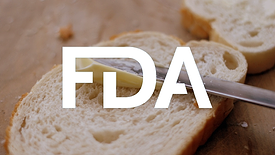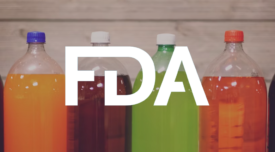Ingredients
Cultivating Cannabis Regulations: Ensuring Food Safety in an Evolving Industry
With the proliferation of cannabis legislation in many U.S. states, there is a need to address food safety oversight through a federal regulatory framework
December 12, 2023
Food Safety Versus the Green Transition
New microbial and chemical risks come with the greater incorporation of plant-based raw materials into human diets and the introduction of reusable packaging
December 12, 2023
Never miss the latest news and trends driving the food safety industry
eNewsletter | Website | eMagazine
JOIN TODAY!Copyright ©2025. All Rights Reserved BNP Media.
Design, CMS, Hosting & Web Development :: ePublishing












